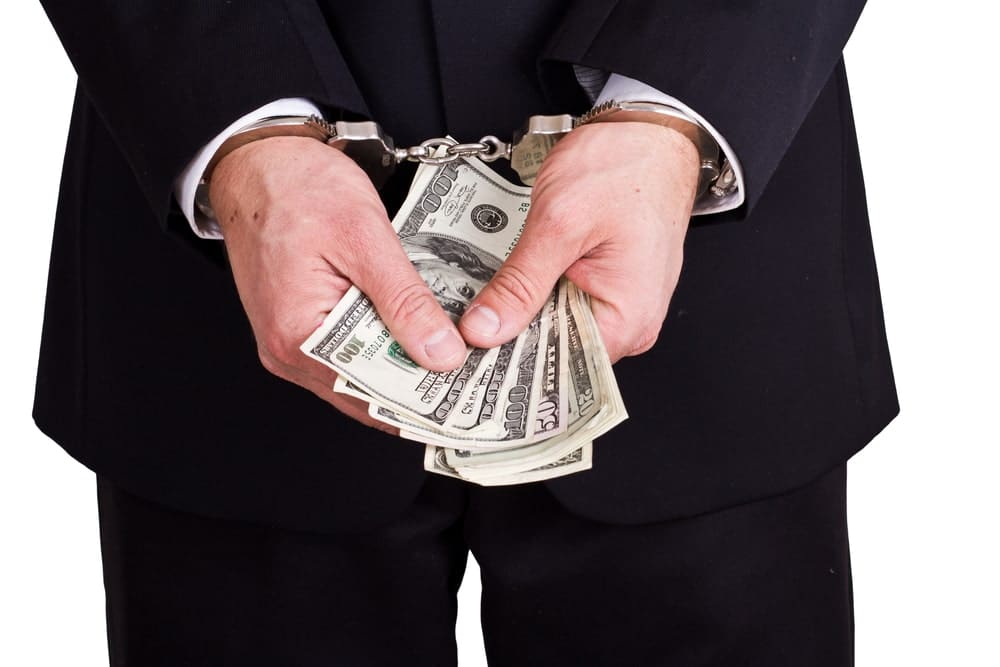White collar crimes in Maine often involve complex financial investigations and carry serious consequences—even without the use of violence. These non-violent offenses typically include allegations like embezzlement, tax fraud, money laundering, or wire fraud, and can result in either state or federal charges.
At The Maine Criminal Defense Group, our experienced legal team understands how these cases are built—and more importantly, how to defend them. With a strong background in financial crime litigation and a track record of strategic, results-driven defense, we’re here to protect your rights and fight for your future when you’re facing white collar criminal charges.
Call 207-571-8146 or contact us online to schedule a consult with one of our highly skilled criminal defense & OUI lawyers, serving Southern Maine, today.
Table of Contents
What are white collar crimes?
A white-collar crime can be defined as any non-violent crime that was committed with the intention of illegal financial gain. This classification of crime received its name in 1939 when it was popularly defined to include illegal acts “committed by a person of respectability and high social status in the course of his occupation”, meaning white-collar workers. These types of crimes often occur on a larger scale, including things like fraud and/or embezzlement, but they can also include more common crimes. Some of these crimes include:
- Bribery: This includes any implications or explicit statements made of offering money and/or gifts with the intention of influencing another’s actions or behavior.
- Ponzi Schemes: This is a fraudulent scheme that is used to entice investors into making large investments, but the system is inherently designed to collapse, leaving people at a severe financial loss.
- Insider Trading: This is the illegal act of trading a corporation’s stock options with insider information or “non-public” information.
- Cybercrime: This refers to any illegal acts carried out through the use of a computer, like identity theft, financial theft, and fraud.
- Identity Theft: This refers to the unlawful act of assuming someone else’s identity to gain access to their resources, money, and/or any other benefits.
- Money Laundering: This is the process of concealing the source of illegally obtained money.
- Forgery: This is the process of creating falsified documents with the intention of deceiving.
- Insurance Fraud: This is the act of fraudulently obtaining insurance benefits that one is not otherwise entitled to.
- Tax Fraud: Tax fraud cases often involve intentionally failing to pay federal taxes.
- Embezzlement: In the state of Maine, embezzlement is classified as a type of theft crime that involves the unlawful taking or misappropriation of funds or property by someone entrusted to manage it—typically an employee or fiduciary. Depending on the value of the property involved, embezzlement can be charged as a misdemeanor or felony, carrying serious penalties including fines, restitution, and potential jail or prison time.
Any type of white-collar crime can carry steep penalties, including the stigma of a criminal conviction. This can affect you for your entire life, such as when applying for jobs or to educational institutes.
Call 207-571-8146 or contact us online to schedule a consult with one of our highly skilled criminal defense & OUI lawyers, serving Southern Maine, today.
Common Types of Fraud in Maine
One of the most common types of white-collar crimes is fraud. Fraud is the general term for a crime that involves an act of deceit for financial gain. Fraud can be small, one-time deceptions, or very large scale crimes. Some common areas of fraud include:
- Bankruptcy Fraud: This crime can occur in several situations, but generally involves faking a bankruptcy (Title 17-A, §902) for financial gain.
- Tax Fraud (a.k.a. Tax Evasion): There are a number of ways tax evasion (Title 36, §184-A) can be committed. Under-reporting earnings, hiding money in special accounts, or simply just not filing taxes for many years can all lead to tax evasion charges. These charges can lead to serious penalties, including jail time.
- Identity Theft: Using someone else’s personal information in any way can be considered identity theft (Title 17-A, §905-A). The most common way this occurs is by using a stolen social security number to open credit accounts, but can also occur through the stealing of a PIN number or other personal information.
- Insurance Fraud: Insurance fraud occurs when a person or business misrepresents an occurrence to their insurance company in order to collect compensation (Title 17-A, §354-A). This happens in many ways, such as claiming more equipment was stolen than actually was after a theft or faking a theft altogether.
- Mail Fraud: This is a federal crime and can include a number of offenses. Using the mail system to deceive people for profit or identity theft (18 U.S.C. § 1341) can fall under mail fraud offenses.
- Credit/Debit Card Fraud: This offense is similar to identity theft because it involves the theft of another person’s credit or debit card or their personal information. Using someone else’s credit card without their permission or opening an account with an identity that is not your own are both examples of credit/debit card fraud.
- Securities Fraud: Also known as insider trading (Title 24-A, §6818), this form of fraud can be very complicated. It involves gaining insider information about a company’s future and using that information for personal advantage. Often this means buying or selling large shares of company stock.
Contact a white collar crimes defense lawyer in Maine
As these crimes are carried out with the intention of great financial gain, the resulting consequences are often equally just as severe. Depending on the charge, an individual might face a wide range of penalties if they are found guilty of a white-collar crime, including paying restitution, or all of the money that was illegally obtained in the crime, completing community service, serving probation, and/or a serving heavy jail sentence.
The prosecution often looks to crack down on white-collar offenders, so having an experienced criminal attorney is key. Contact The Maine Criminal Defense Group directly online today, or call us at 207-571-8146 to see how we can help you!
Call 207-571-8146 or contact us online to schedule a consult with one of our highly skilled criminal defense & OUI lawyers, serving Southern Maine, today.
Blog Posts

If you receive a traffic ticket in Maine, you may be facing far more than demerit points or an administrative penalty. You could be facing criminal sanctions and a permanent[...]
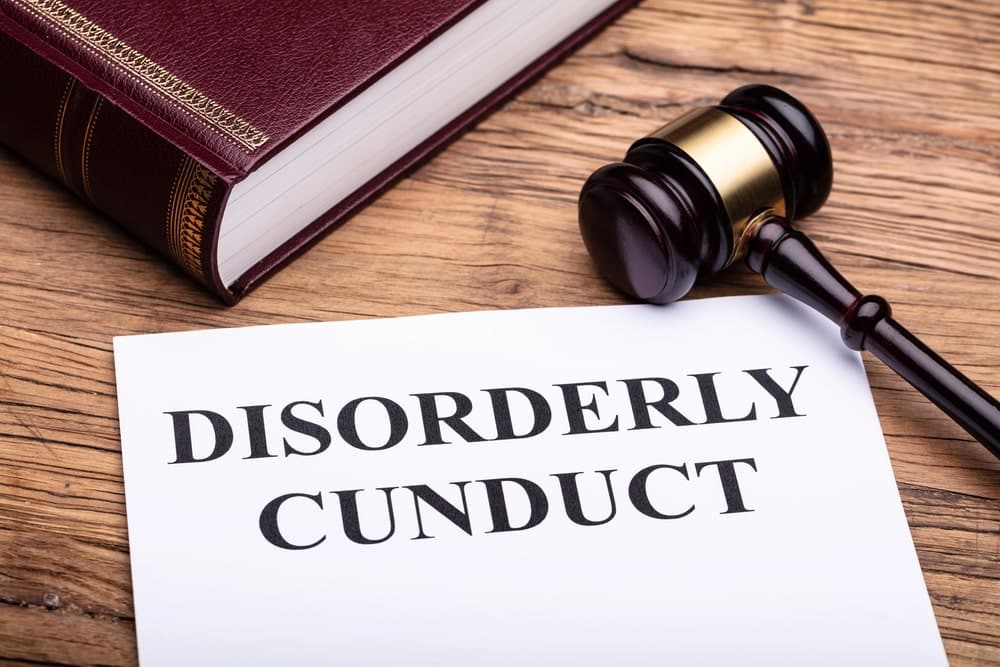
In Maine, disorderly conduct laws effectively make disturbing the peace a criminal offense. While disorderly conduct is considered one of the least serious offenses under Maine’s Criminal Statutes, it can[...]

Any criminal charge for a drug-related offense is a serious matter in Maine,but how consequential the outcomes can get may depend on whether the charge is filed at the state[...]


Self-defense laws in the U.S. are complex, vary from state to state, and are often misunderstood. “Stand your ground” laws allow an individual to use deadly force in self-defense in[...]
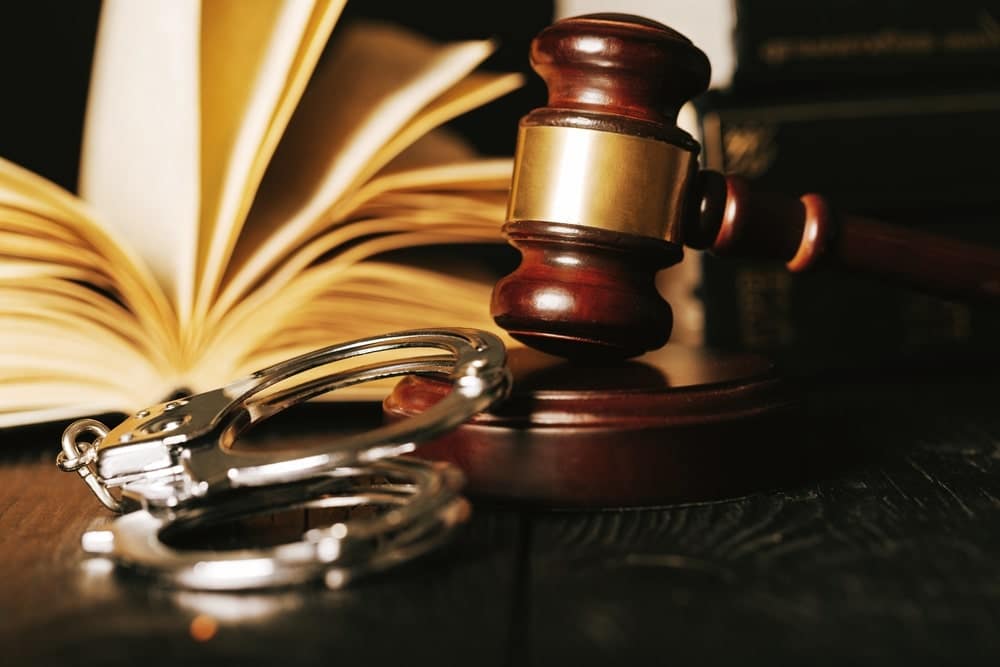
Every day in Maine, people are charged with crimes that they did and did not do. Fortunately, in the U.S., we have a justice system that says you’re innocent until[...]
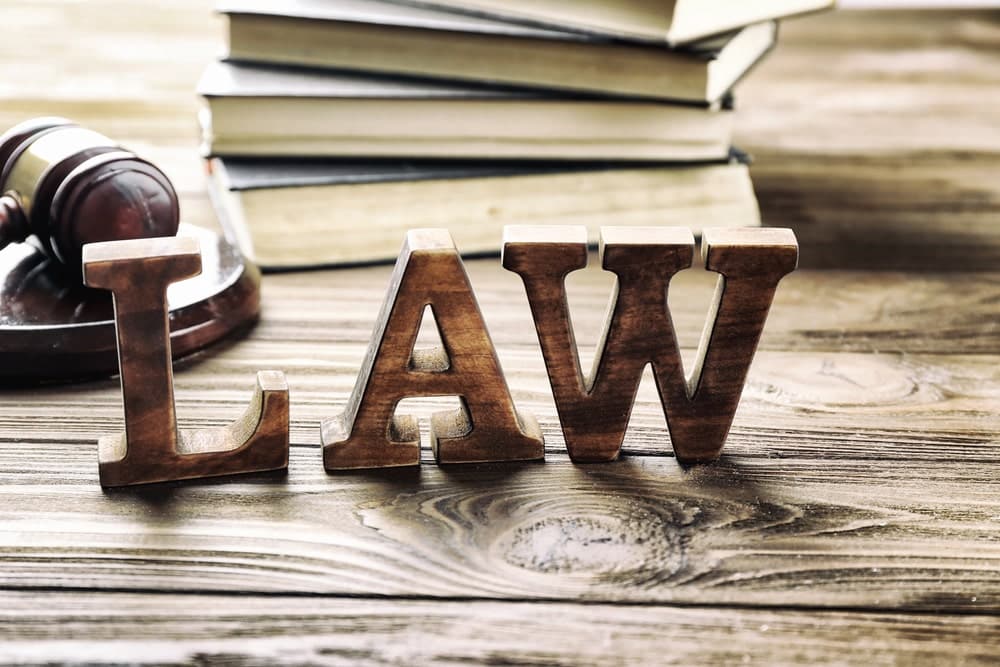
Expungement is the practice of legally erasing or striking out documents or information relevant to criminal charges. It’s not possible to expunge a criminal record in Maine. However, other avenues[...]

If you have been arrested or are under investigation for a crime in Maine, it is crucial to retain the services of a competent and experienced criminal lawyer. A criminal[...]
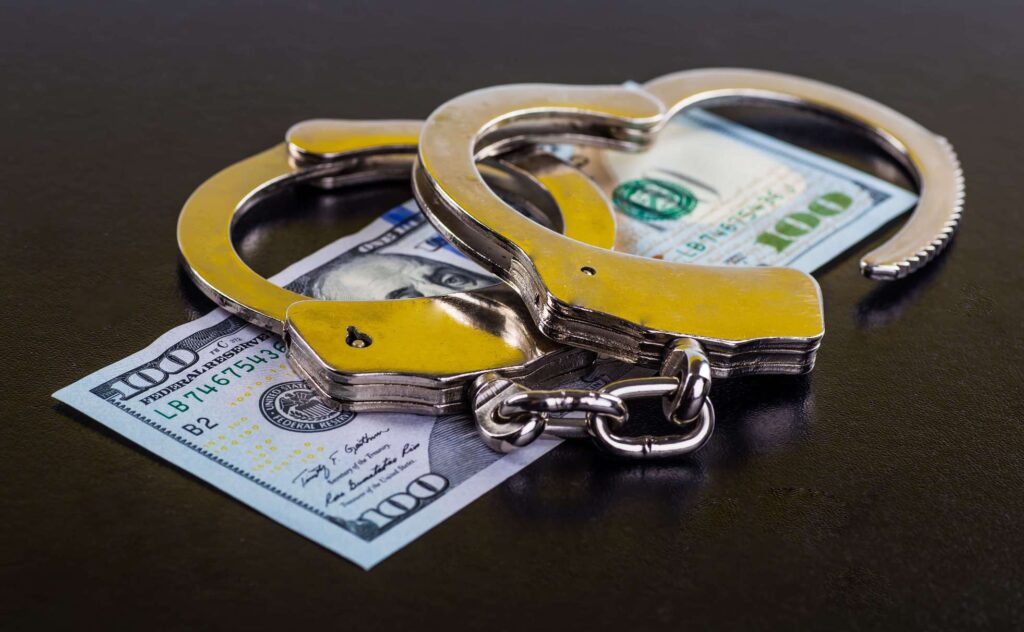
Bail Code in Maine Title 15, Chapter 105 of the Maine Revised Statutes governs all issues pertaining to bail in Maine. When a defendant has been arrested and charged with[...]

In the span of less than 5 decades, computers have utterly transformed our society. Those of the baby boomer generation will be able to appreciate the scale of this transformation[...]
